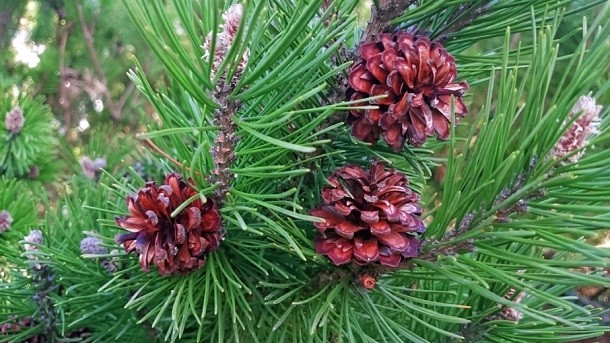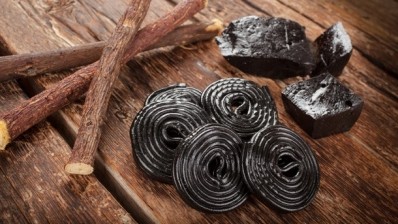Shiseido uncovers cause of sagging skin and suggests pine cone extract may be the cure

Working with Professor Nobuyuki Takakura of the Research Institute for Microbial Diseases, Osaka University, the team found that impaired function of dermal lymphatic vessels lead to accumulation of subcutaneous fat, which then causes skin sagging.
Previous studies have found that impaired blood vessel and lymphatic function is a root cause of skin ageing, but this is the first to explore an association between the state of lymphatic vessels and ‘sagging.’
Up until now, ‘sagging’ has been attributed to a decrease in collagen fibres or reduced elasticity, accumulation of subcutaneous fat, and enlargement of adipocytes.
Pinus Sylvestris
The study also uncovered that ‘pine cone extract’ collected from Pinus Sylvestris, or Scots Pine, which is a species of pine that is native to Europe and Asia, ranging from western Europe to eastern Siberia, has the effect of strengthening and normalizing the lymphatic vessels.
This is because the research team found that the extract has the same function as apelin, which is a peptide found in humans, which increases lymphatic function and suppresses subcutaneous fat increase and accumulation.
Professor Takakura identified apelin as a novel endogenous factor that enhances the function of lymphatic vessels, and discovered that it suppresses the accumulation of subcutaneous fat, which led to him initiating the screening of herbal components with the same function as apelin.
It is known that apelin binds to G protein-coupled receptor APJ, which is expressed in the cell membrane of lymphatic endothelial cells, and stabilizes lymphatic vessels.
From among approximately 200 herbal components, the pine cone extract was found to have the same high activity as apelin that binds to APJ, and a suppressing effect on fatty acid-induced destabilization of lymphatic vessels.
So, the team tested a trial product formulated with the extract for two months to observe the effects on the nasolabial line, the facial line, and sagging of the neck.
Development
The results showed that fatty acids, which are present abundantly in lymph, cause the destabilization of lymphatic vessels, leaking from the vessels, and leaked fatty acids directly promote the differentiation of adipocytes.
It was also found that apelin has a function to suppress the leakage of fatty acids from lymphatic vessels.
Shiseido says it will continue to conduct basic research on capillary and lymphatic vessels to develop new skin care cosmetics.
“The development is underway to apply these study findings to skin care cosmetics,” says the Tokyo-based firm.
The study results were presented at the Society for Investigative Dermatology (SID) Annual Meeting in Atlanta, Georgia.
















